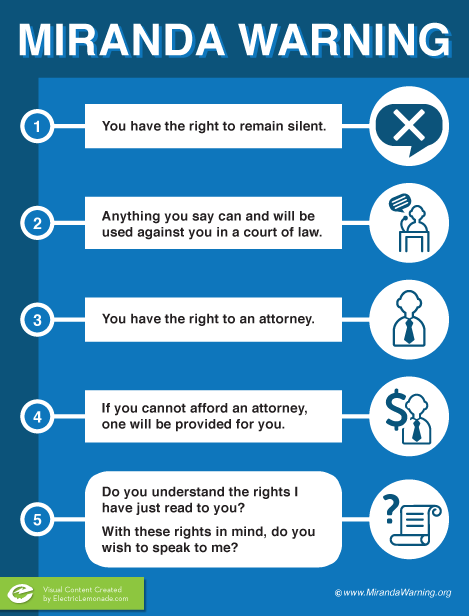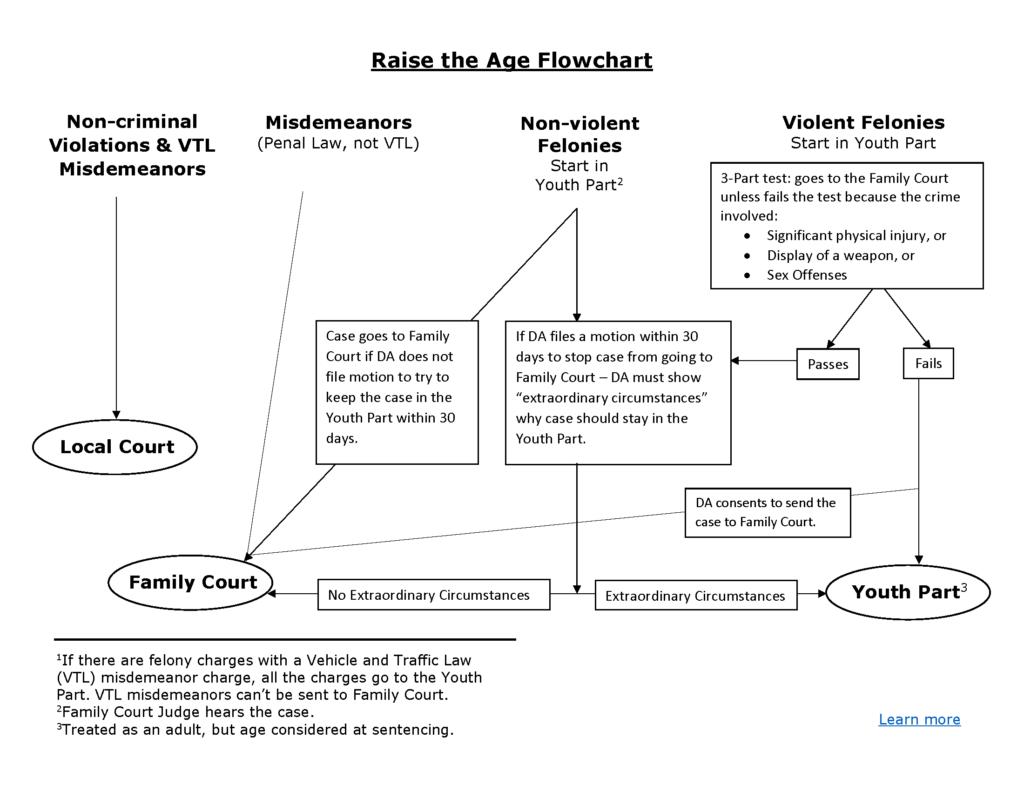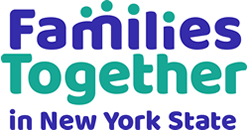If you or someone you know is the caregiver of a young person involved OR at-risk of involvement with the youth justice system, this page provides key details you need to know. This page is intended as an educational resource for families. If a loved one is under arrest and is in need of immediate legal assistance, we recommend you and your young person exercise your right to remain silent and contact an attorney immediately and/or request a public defender.
What’s in the Law? A Quick Overview
- On October 1, 2018, the first phase of the Raise the Age law took effect in New York State, meaning the state no longer automatically charges all 16-year-olds as adults. In October 2019, the law phases in 17-year-olds.
- Prohibits 16- and 17-year-olds from being held in adult jails and prisons
- Parental notification of arrest will be required for 16- and 17-year-olds
- Questioning of youth must take place in age-appropriate settings, with parental involvement and for certain lengths of time.
- All 16- and 17- year-olds misdemeanors start in Family Court
- New Youth Part within Criminal Courts presided over by specially-trained Family Court judges
At Arrest: Parental Notification and Questioning

- Upon the arrest of a sixteen-year-old, parents must be notified. No exceptions.
- Questioning of youth must take place in age-appropriate settings, with parental involvement and for developmentally appropriate lengths of time. That means parents must be present to waive Miranda Rights.
Prior to this law, 16 year-olds could be arrested and interrogated before their parents were even aware of what had happened. Studies show that young people are often unaware of their rights, including the right to remain silent and could be forced into confessions that undermine their defense in court.
Court Processing: Family Court or the Youth Part?

Violations and Vehicle and Traffic Law
- Violations remain in local courts. Common violations include but are not limited to disorderly conduct, harassment, minor trespassing, loitering, appearance under the influence of drugs in public, or local ordinances.
- Vehicle and Traffic Law (VTL) misdemeanors and infractions (like speeding) also remain in local courts. VTL misdemeanors include but are not limited to driving recklessly, driving without insurance, driving without a license, failing to stop after an accident (hit and run), and driving under the influence of drugs or alcohol (DUI/DWI).
Misdemeanors
- All misdemeanor cases will be heard in Family Court. Misdemeanors are crimes considered more serious than violations but less serious than felonies. However, in adult court, they are still crimes that can carry a sentence of imprisonment over 15 days but no greater than one year or up to 3 years probation, and usually include a fine. Some common misdemeanors include petty theft, disorderly conduct, drug possession, simple assault, trespassing, public intoxication, prostitution, vandalism, and animal crimes.
Felonies
- All felonies start in the Youth Part of the adult criminal court.
- Non-violent felonies are sent to family court within 30 days unless a District Attorney can prove there are extraordinary circumstances to keep the case.
- Violent felonies are also sent to Family Court unless the crime involved significant physical injury, display of a weapon, or sexual misconduct.
- If the crime does involve one of these factors, the District Attorney may still consent to send the case to Family Court.
- 16 and 17-year-olds who remain in the Youth Part are classified as an Adolescent Offender (AO). Adult sentencing will apply, but the Judge must take the youth’s age into account when sentencing.
- Adolescent Offenders are eligible for Youthful Offender status. Youthful Offender status is granted at sentencing in the interest of justice and means the young person’s record is sealed.
- Adolescent offenders may voluntarily participate in services while their case is pending.
Family Court
- Youth whose cases are heard in the Family Court will be processed pursuant to existing Juvenile Delinquency (JD)
laws, which include the opportunity for adjustment. They will not have a permanent criminal record.
Youth Part
- The Youth Part is a special branch of the adult criminal court presided over by Family Court judges. All 13-15-year-old Juvenile Offenders and all 16-17 year Adolescent Offenders will have their cases in the Youth Part.
Facilities
Juvenile Justice Facilities
- Youth whose cases are heard in Family Court will be detained or placed in juvenile justice facilities licensed an operated by the NYS Office of Children and Families, as Juvenile Delinquents currently are.
Adolescent Offender Facilities
- No 16 or 17 year old will be sentenced to or detained in a facility with adults.
- Adolescent Offenders who are detained pre-trial will be held in a specialized secure juvenile detention center for older youth, which will be certified and regulated by OCFS in conjunction with the State Commission of Correction.
- Judges have the discretion to order that Adolescent Offenders who are sentenced to less than a year serve their
sentence in either a specialized juvenile detention center or Office of Children and Family Services (OCFS) secure facility. - Adolescent Offenders who are sentenced to state imprisonment will be placed in an Adolescent Offender facility
developed by the state with enhanced security managed by DOCCS with the assistance of OCFS.
Record Sealing
- Individuals of all ages may apply for record sealing after 10 years has passed since the individual’s date of conviction or date of release from confinement – and the individual has remained crime-free during that time period.
- Violent felonies, sex offenses, and Class A felonies are not eligible offenses. In addition, sealing is only available for people who have no more than 2 convictions, one of which may be for a felony.
- The court will create a standardized form for a person to use to apply for sealing. There will be no fee for applying. See more on how to apply here: https://www.nycourts.gov/courthelp/Criminal/sealedAfter10years.shtml
Additional Resources for Juvenile Justice
